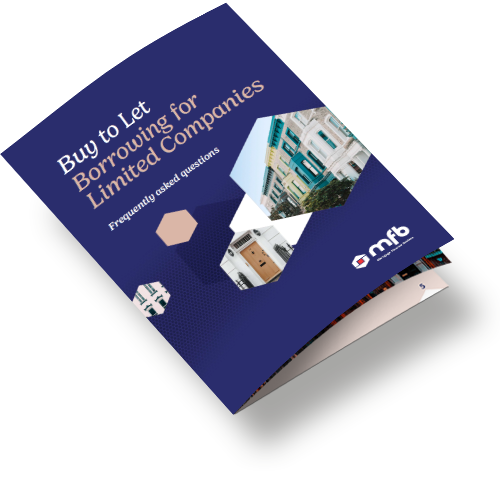BTL mortgages for
Limited Companies
Limited Companies
All you need to know about Limited Company borrowing
Getting started with Limited Company mortgages
Limited Companies are an increasingly popular borrowing structure among landlords and property investors.
Typically, landlords will choose to set up an SPV (Special Purpose Vehicle) Limited Company. In the mortgage sector, this is a company that is set up with the sole purpose of purchasing and renting out property. For the most part, buy to let lenders offering mortgages to corporate vehicles prefer SPV Limited Companies as they’re easier to understand and underwrite, as they’re perceived as lower risk.
As Limited Company borrowing has become more popular, more lenders have entered the market space and now offer Limited Company mortgage products. As such, interest rate pricing has become more competitive.
What are the benefits of Limited Company Borrowing?
There are several reasons why landlords opt to invest using a Limited Company rather than in their own name.
One of the main draws is the possible tax benefits. With a Limited Company structure, you pay corporation tax on rental income, which can be more cost-effective if you fall into the 40% higher-rate income tax band, so ideal for portfolio landlords. Please always seek professional tax advice before making any property investment decisions.
You also benefit from more generous lender stress tests when applying using a Limited Company structure. Where individual applicants are stress-tested at 145%, Limited Companies are assessed at 125%, meaning you could borrow more per pound of rent.
Are Limited Company mortgage rates more expensive?
Not necessarily. While Limited Company mortgage rates are typically more expensive than those for individuals, the pricing difference for a limited company buy to let mortgage is not significant. Many lenders will even offer the same mortgage rates to both individual and Limited Company borrowers.
How do I set up a Limited Company?
Setting up an SPV Limited Company is easy and can be done for just £12 by signing up with Companies House.
You will need to:
- Select your trading name (that’s not already in use)
- Enter the Company’s registered address
- Name the Company directors and shareholders
- After that, you will need to choose the right SIC code for your buy to let business.
There are a few other steps to go through when registering. Read our full blog on setting up your SPV Limited Company to purchase property for all the information you will need.
Meet your mortgage makers.
Talk to an expert
Have all the facts and figures you need to purchase or remortgage your home? Our experts will make the whole process easier for you! Give us a call or choose a convenient time for us to call you. Drop us an email or chat with a human on our live chat.
Frequently asked buy to let questions…
Can I borrow through a newly set up Limited Company?
Can I simply transfer my personally owned properties into a Limited Company?
SPV Limited Company vs Trading Companies – what’s the difference?
Explore our
latest brochure
Download our brochure for everything you need to know about buy to let mortgages. We cover frequently asked questions from landlords, and explore why a Limited Company could be the right option for you.
